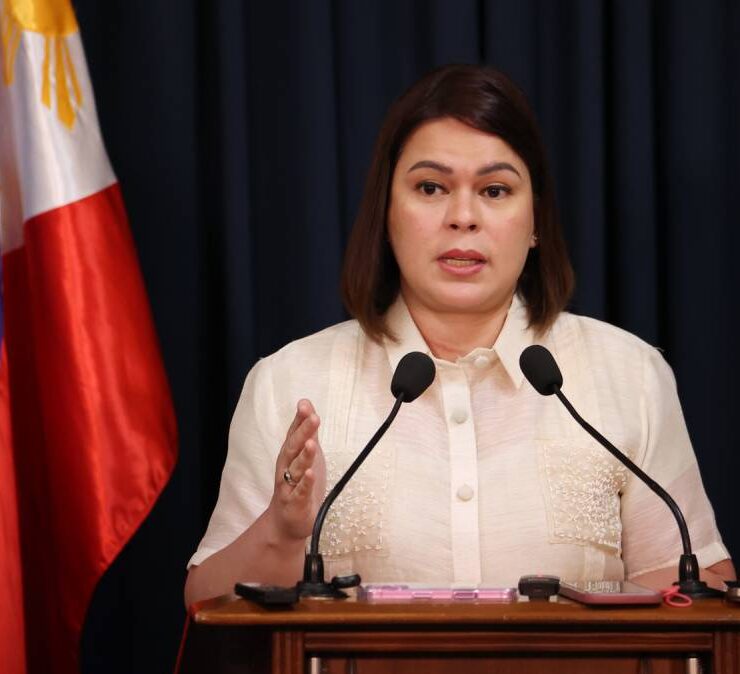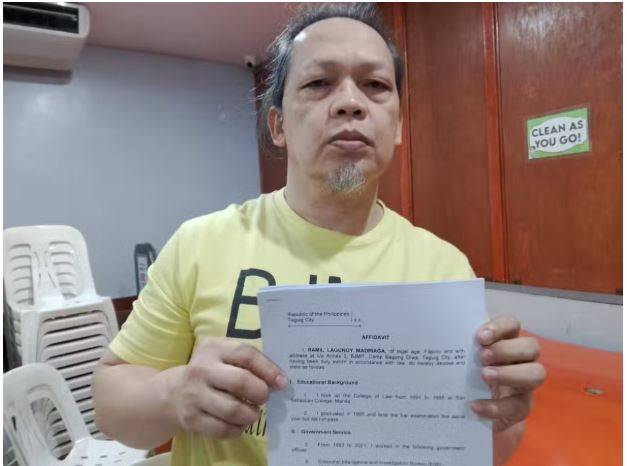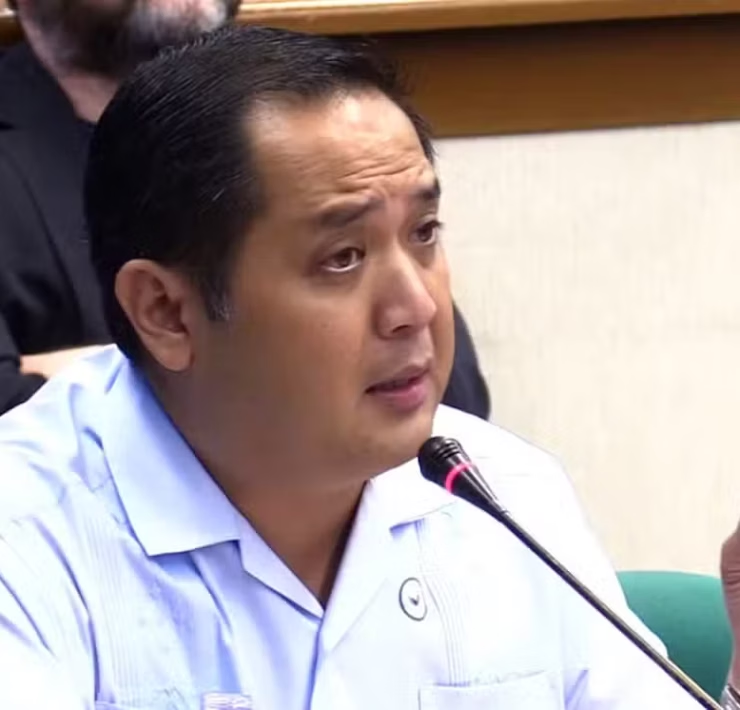An NTF-Elcac without Sara
No sooner had Vice President Sara Duterte quit her job as one of its co-vice chairs than the National Task Force to End Local Communist Armed Conflict (NTF-Elcac) found the gall to petition Congress to earmark P8.7 billion in the 2025 budget for its aid program for barangays cleansed of communist influence.
The timing couldn’t be more perfect—or suspect—as the task force may have sensed faint signs of its own doom following the abrupt departure of former president Rodrigo Duterte’s daughter, severing one of its lingering ties to the administration that created it in December 2018.
To NTF-Elcac, the news may have read like the writing on the wall, occurring on the heels of the Supreme Court’s decision in May declaring Red-tagging as a legitimate threat to the lives and civil liberties of Filipinos. On top of that was the recommendation by not one, but two, United Nations rapporteurs to disband the body whose sole claim to infamy is a penchant for labeling critics as communists.
P10M for each barangay
In desperation, the Red-tagging task force is now trying to claw its way back from a fate of irrelevance by tempting lawmakers with the cash cow that is the Support to Barangay Development Program (SBDP), a lump-sum item once described by Gabriela Rep. Arlene Brosas as another pork barrel.
NTF-Elcac issued a statement last week seeking the restoration of the SBDP allocation that would allow it to turn over P10 million to each barangay it considers liberated from the presence or influence of insurgents. Under the proposal, some 870 barangays will receive the money for farm-to-market roads, school buildings, water and sanitation systems, and health stations for the target communities.
As NTF-Elcac’s flagship project, the Barangay Development Program was established to deliver services to impoverished villages that formerly served as strongholds of the New People’s Army (NPA). To date, the program has released P28.39 billion to over 4,000 barangays, according to the task force.
This year, NTF-Elcac received a P10.3 billion budget, a bit higher than the sum it received in 2023 but far smaller than its P17.1 billion share in 2022, and P19 billion in 2021, during its heyday under the Duterte presidency. Instead of P10 million, only P2.5 million was allocated in 2024 for each of the 822 NPA-cleared barangays.
Potential corruption
NTF-Elcac executives have sought to allay concerns about potential corruption in the use of the funds, emphasizing that the SBDP budget “goes directly to the municipal treasury” of towns that implement the projects.
The money, according to NTF-Elcac, does not go to NTF-Elcac.
But as anyone familiar with the budgeting process knows, that is not a guarantee, because in pork parlance, the one in control of the distribution of cash is typically the one in control of the division of spoils, so to speak.
It doesn’t help NTF-Elcac’s case that since its inception, there has not been a full accounting of its books, as its funds are spread across different departments. In August 2023, the Commission on Audit (COA) told the House appropriations committee of the importance of assessing the task force’s fiscal performance.
“There is a need to conduct a government-wide and sectoral performance audit of NTF-Elcac funds, covering more or less five years, to be able to conclude whether or not the goal of the NTF-Elcac has been achieved,” COA Assistant Commissioner Martha Sese said.
Two UN rapporteurs
In the meantime, calls are mounting for the abolition of the notorious body.
In February, UN Special Rapporteur on freedom of opinion and expression Irene Khan urged the government to put an end to the “outdated” NTF-Elcac, saying it “would not only address some of the most critical drivers of Red-tagging, but it could also allow this administration to modernize peace-building approaches.”
In November 2023, another UN expert, Special Rapporteur on the promotion and protection of human rights in the context of climate change Ian Fry made a similar call to dismantle the task force, as it “is operating beyond its original mandate.”
The chair of NTF-Elcac, President Marcos, however, has turned a deaf ear to the clamor. In May, the Chief Executive cited NTF-Elcac’s mandate to assist communist rebels in returning to the rule of law. “No, we will not abolish the NTF-Elcac,” Mr. Marcos said.
But it’s worth noting he made that statement when NTF-Elcac was still serving its useful purpose as a hallmark and symbol of the Duterte-Marcos alliance. Sara Duterte’s exit has all but erased that, which may well be the signal Mr. Marcos needs to sound the death knell on NTF-Elcac in the absence of moral and political grounds to keep it running.
In some respects, Mr. Marcos’ rights record has been an improvement on that of his predecessor and of his late father. By getting rid of NTF-Elcac, the President will have taken a big step away from both men’s near-identical legacy of abuse against the life, liberty, and security of Filipinos.





















